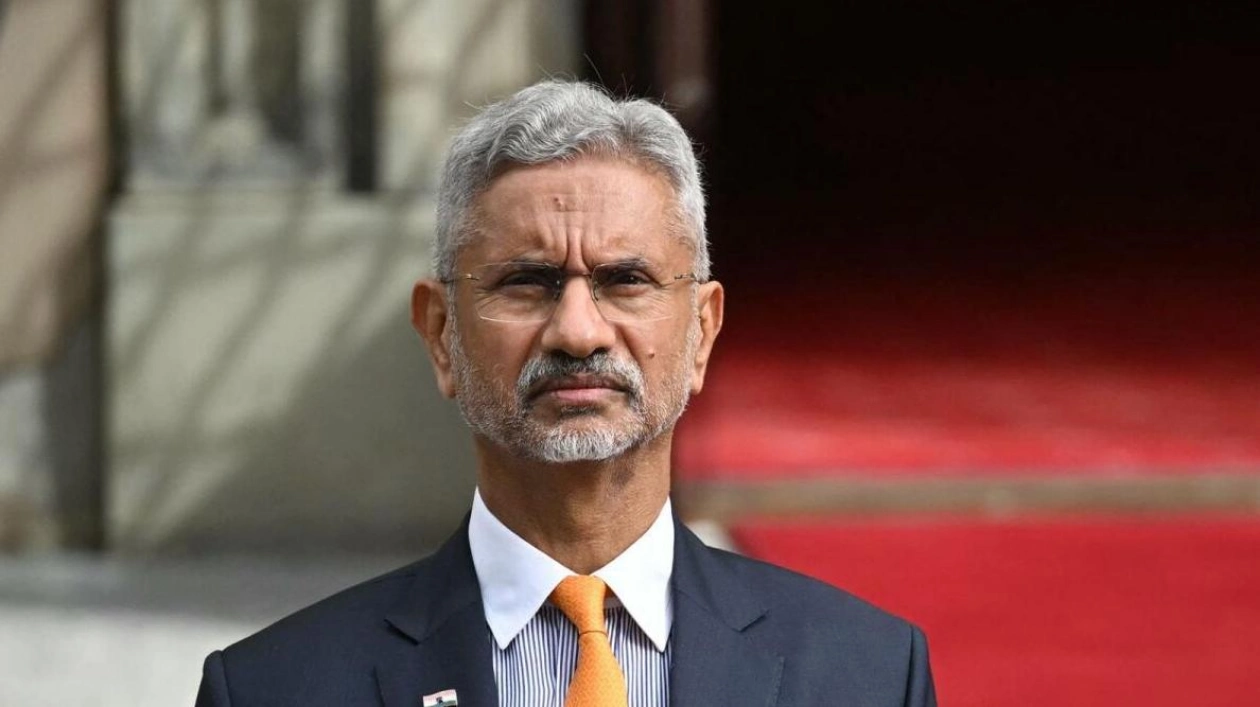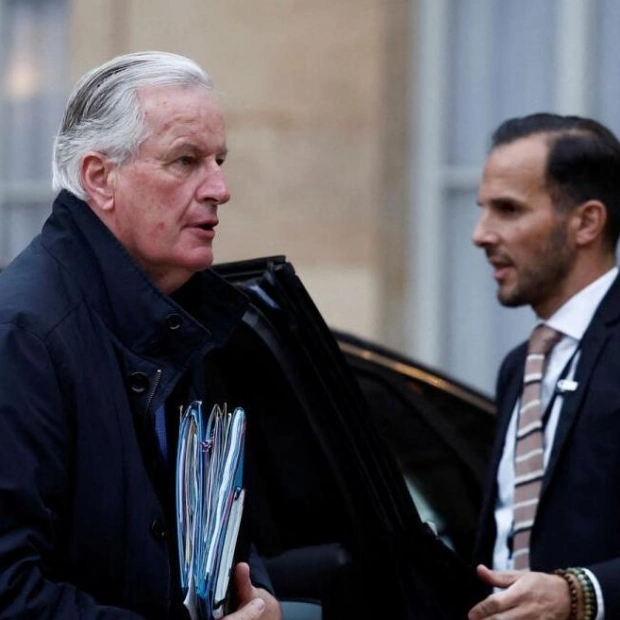Ahead of Indian Prime Minister Narendra Modi's visit to Singapore, External Affairs Minister S Jaishankar emphasized the substantial advancements in India's relations with Gulf nations over the past ten years. Jaishankar noted that under PM Modi's leadership, policies have broadened to encompass investments, technology, security, and connectivity in Gulf countries, unlike the narrower focus of previous administrations on trade, energy, and diaspora.
In an interview with Singapore-based 'The Strait Times,' Jaishankar addressed the perception that India's primary focus in its extended neighborhood is now the Gulf, rather than ASEAN. He stated, "I would not adopt an either/or approach. Certainly, over the last decade, India's ties with Gulf nations have significantly strengthened. Earlier governments viewed these relationships more narrowly. In contrast, the Modi government's policies have expanded to include investments, technology, security, and connectivity."
Jaishankar also highlighted that the contributions of the Indian community in the Gulf are more recognized, with both economic and demographic complementarities playing a greater role. He emphasized that this does not diminish India's ties with ASEAN, which have also deepened during this period. The External Affairs Minister further noted that as the fifth-largest economy, India's engagements are naturally multi-directional, and the world is not a zero-sum game for India.
On the Act East policy, Jaishankar stressed that Singapore plays a central role, being at the core of both the Look East and Act East policies. He highlighted Singapore's partnership in security, connectivity, technology, and sustainability. Jaishankar also outlined the potential of Southeast Asia, citing the Trilateral Highway as an example of a transformative project that underscores the indispensable relationship for India's Indo-Pacific engagement.
The Act East Policy, focusing on the Indo-Pacific region with ASEAN at its core, aims to foster economic cooperation, cultural ties, and strategic relationships through continuous engagement at various levels, thereby enhancing connectivity in its broadest sense, including political, economic, cultural, and people-to-people relations.






